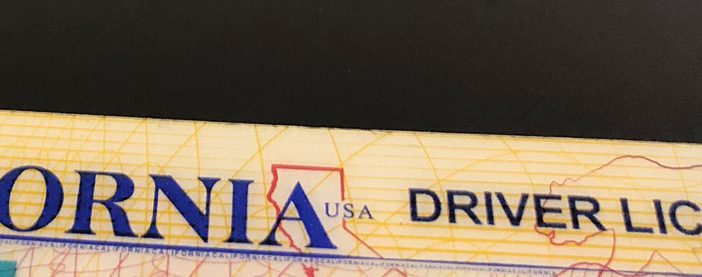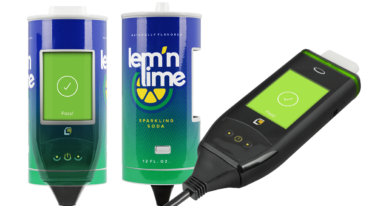
According to the Centers for Disease Control and Prevention, an estimated 28 people die every single day from motor vehicle crashes involving alcohol-impaired driving. That equates to about one death every 51 minutes. Furthermore, alcohol-related crashes cost the nation over $44 billion annually.
DUI laws have become some of the most effective tools in discouraging and preventing accidents and related deaths caused by drunk driving. DUI laws can come with a wide range of potential punishments, most commonly a license suspension. Let’s take a closer look at DUIs, their penalties, and how long you can expect to have your license suspended for a DUI.
What is a DUI?
Before getting started, it’s important to understand what is a DUI in the first place. Driving under the influence (DUI) refers to laws that prevent driving while intoxicated by alcohol or drugs. In other states, DUIs are also known as DWIs (driving while intoxicated) or OWIs (operating a vehicle while intoxicated). While there are subtle differences, they all generally have the same rules and regulations that apply.
In all 50 states, it is illegal for a person to drive with a blood alcohol concentration of 0.08 percent or higher. For some states, commercial drivers are not allowed to have a BAC of 0.04 percent or higher. Many states also have zero tolerance laws that punish anyone under the legal drinking age found driving with any amount of alcohol in their system.
States also have more severe DUIs for those found driving with a blood alcohol concentration of 0.15 percent or above.
What are the Penalties for a DUI?
DUI penalties vary from state to state and case by case. You can most commonly expect license suspensions and fines, along with a combination of:
- Prison time
- Community service hours
- Enrollment in an alcohol and drug treatment program
- Court costs and legal fees
- Increased insurance rates
- Installation of an ignition interlock device (car breathalyzer)
How Long is Your Driver’s License Suspended for DUI?
A suspension simply means that your driving privileges have been temporarily withdrawn for a set amount of time. The length of a driver’s license suspension varies based on a wide range of factors. There is no standard suspension period length between states, and the severity of the DUI, aggravating factors, and any prior DUI offenses can potentially increase your suspension time.
Along with any criminal suspensions for a DUI offense, you may suffer administrative suspensions, which are enforced by your state’s Department of Motor Vehicles, Bureau of Motor Vehicles, Motor Vehicle Division, or other related administration. For example, many states operate admin per se laws, which essentially allow the DMV to immediately suspend your license if you fail or refuse a chemical test. This suspension is in addition to any penalties you may receive in a court of law or plea agreement.
Let’s take California for example. California has an admin per se program, so if you refuse or fail a test, the DMV will immediately suspend your license for at least four months. On top of that, if you are convicted of a DUI in court, you may face a license suspension of at least 6 months. That adds up to at least 10 months of suspension, which may go up or go down based on other factors.
One thing to keep in mind: you will always suffer greater suspensions for refusing a breathalyzer test than for outright failing a breathalyzer test. For example, a BAC test refusal in California automatically results in a one-year suspension.
How to Get My License Back After a DUI
In order to reinstate your license, you have to complete any penalties passed by the court or the DMV, including:
- Fulfilling your mandatory suspension period
- Serving any prison sentences
- Paying any fines required by the court
- Paying the driver’s license reinstatement fee
You may also need to complete a DUI program and submit proof of your insurance. Some states will allow you to apply for a restricted license after serving 30 days of your suspension, which may also come with a mandatory installation of an ignition interlock device.Whether or not a DUI can be expunged will depend on the individual case and also the state involved.
While we can’t reduce your suspension, Low Cost Interlock can provide all the tools and knowledge to help you through your ignition interlock device program. Using the most cutting edge technology on the market, our devices ensure efficient, accurate results with every reading. If you have any questions or need an ignition interlock device, please contact us today.


